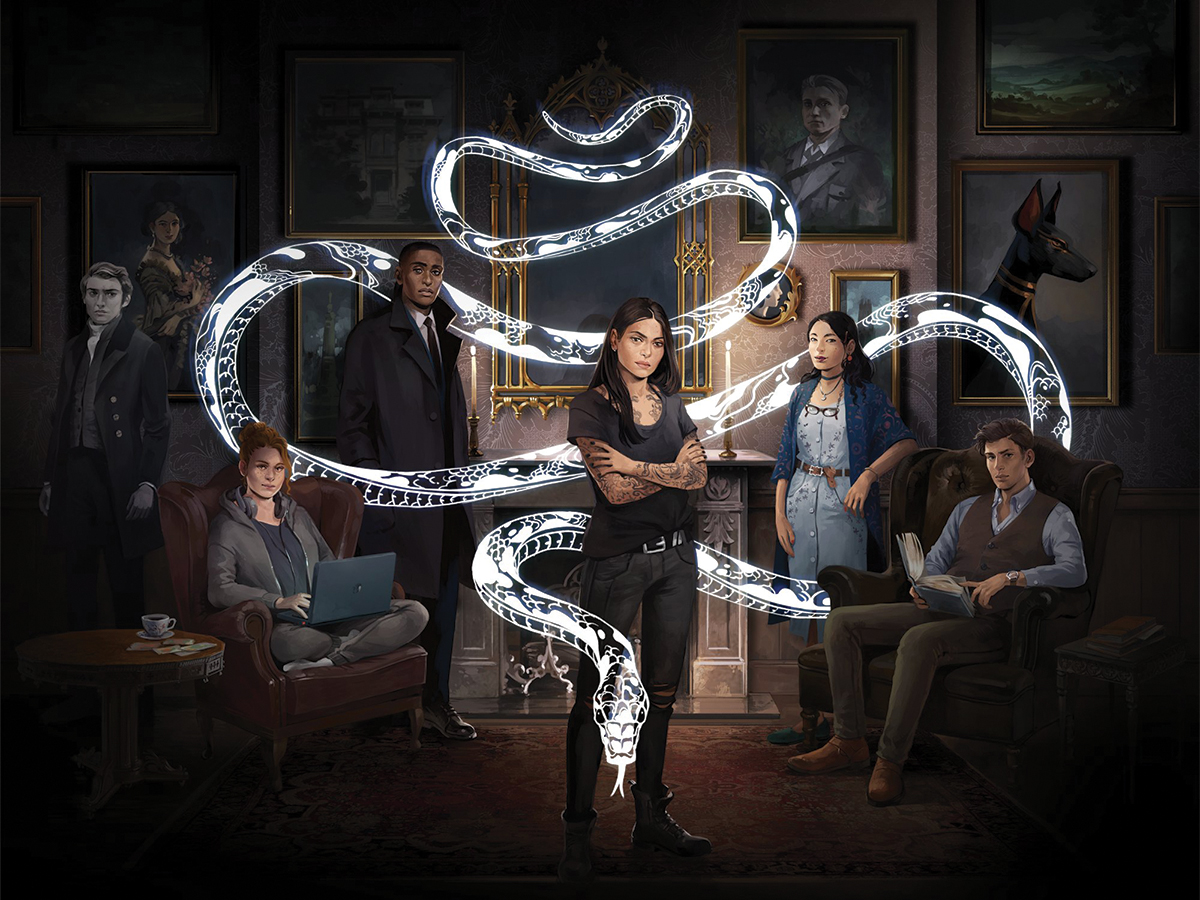
“Six of Crows” by Leigh Bardugo is the first book in a stand-alone, young adult duology set in Bardugo’s Grisha Verse. Following the tale of a group of gangsters, “Six of Crows” sees the protagonists commissioned to sneak into an impenetrable prison known as The Ice Court by a wealthy merchant. The Dregs (their gang), led by the enigmatic officer Kaz “Dirty Hands” Brekker, attempt to kidnap the imprisoned creator of a drug which turns Grisha (i.e. Mages) into weapons of mass destruction. Set in Tsarpunk, a high fantasy and steampunk backdrop with eastern influences, “Six of Crows” reads like a heist flick dipped in dark magic. Most importantly, however, is what “Six of Crows” doesn’t read like: a young adult (YA) novel. At least not all the time.
YA fiction as a genre has a serious problem: it doesn’t think its audience can be mature. Expecting maturity of young adults might seem paradoxical, but only when YA fiction trusts its audience to handle mature themes can the story fulfill its potential. Unfortunately for the genre at large, YA fiction tends to follow a set formula. A rag-tag group of mostly, if not entirely, white, teen, able-bodied heroes with barely any life experience overcome any and all obstacles, suffering little to no consequences as they save the day and secure the cisgender heterosexual love interest. Often falling back on cliche and predictable plot twists, stories such as these can be cringe fests with even the best narratives getting bogged down by tired tropes. “Six of Crows” gives its readers characters who are diverse in terms of sexuality, disability, ethnicity, upbringing and belief. Beyond diversity, the characters in “Six of Crows” are deeply flawed, often unheroic individuals. When the characters make mistakes, “Six of Crows” is not afraid to explore the consequences of their actions and what hubris led them to such a fate to begin with.
The cast of “Six of Crows” has been shaped by the environments they grew up in and just as often, by the environments they escaped from. Sex trafficking, child exploitation, addiction, slavery, war and poverty; these are all things members of the cast have encountered in some form or another and it shows. Atrocity is common and shockingly present from the pleasure houses full of slaves in the dreary canal town of Ketterdam to cages built for Grisha on ships manned by Grisha-hunting Druskelle. Not to say that the violence and tragedy gets horribly explicit (this is a young adult novel after all) but Bardugo lets her readers understand the gravity of the troubles people have endured and continue to face throughout the story. As a result of Bardugo trusting her readers to be mature, the other problems found in YA fiction are minimized if not eradicated. The youth of the cast does not stop the reader from believing what is going on, because their hard living obviously forced them to grow up fast.
Magic is not treated like this miraculous cure-all, but a tool and weapon which nations have learned to exploit and build counter measures against. The cast themselves are far from idealists who can do no wrong, and in many cases they are just as guilty of inflicting unearned woe and suffering as any foe they face. Characters are greatly humanized by flaws which cause them to make mistakes. Not to go into spoiler territory, but even the smooth talking, terrifying Kaz Brekker is affected enough by his own personal trauma and hubris that he slips up badly.
“Six of Crows” does not completely stray from the formula. Readers still get a rag-tag group of mostly white young people with insanely impressive skills getting the job done. Despite those few instances which could shatter the suspension of disbelief, for the most part the protagonists act in ways which are aggressively in character. Bardugo has crafted her story so well that the few instances of cliche will not stop the reader from praying for the gang’s success, even if their ultimate goal is decidedly unheroic.







